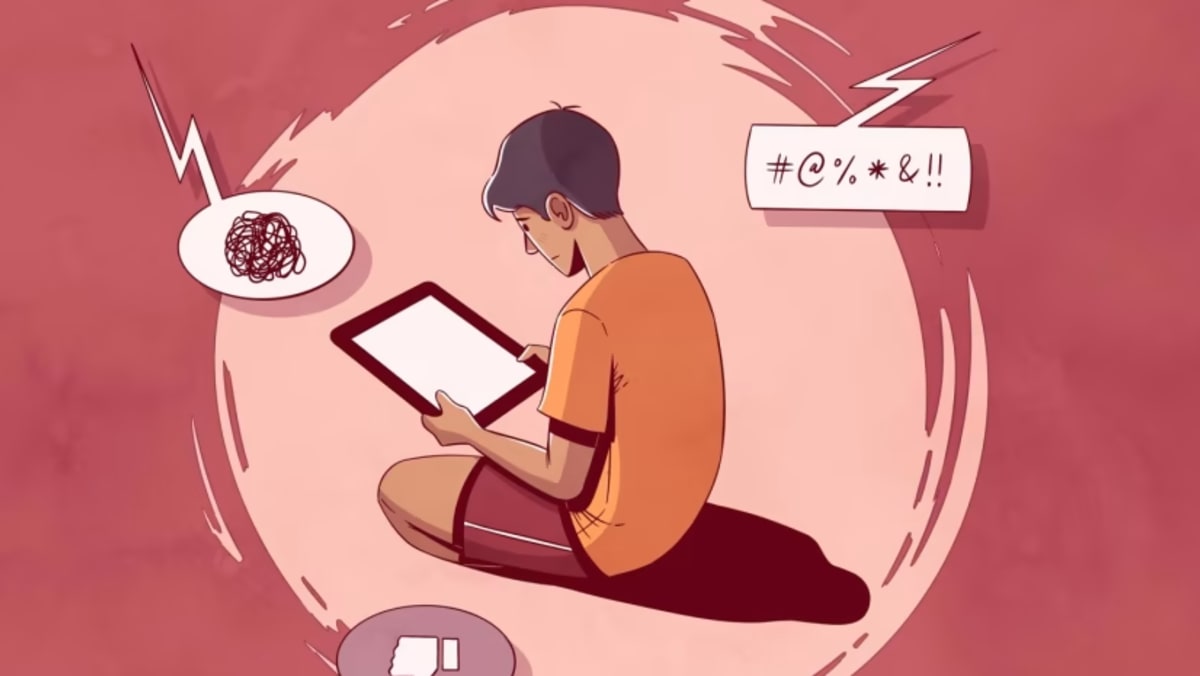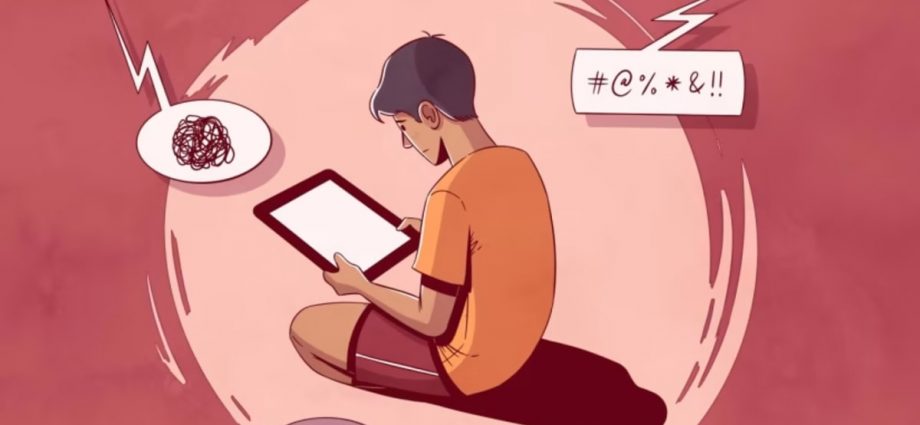
MOE TAKES “SERIOUS VIEW OF ANY FORM OF BULLYING”
In response to TODAY’s queries, the Ministry of Education (MOE) said that the number of reported cyberbullying incidents has “remained low and stable over the past five years”. It did not give any figures.
The ministry said it “takes a serious view of any form of bullying, including cyberbullying”, and that schools have in place various measures to address this issue.
For example, there is the Character and Citizenship Education (CCE) curriculum, which students go through from Primary 1.
“Given the increased use of digital devices today, there is greater emphasis on cyberwellness in the CCE curriculum, where students learn to be discerning, safe, and responsible users of technology,” said MOE.
“Students are also taught how to develop a positive online presence, and to be a positive peer influence.”
Similarly, polytechnics and the Institute of Technical Education had strengthened their cyberwellness curricular in 2021 to enhance teaching of digital well-being and online ethics.
MOE added that students are also taught how to report cyberbullying and other serious incidents using safe channels. Schools have students appointed as peer support leaders to encourage safe and positive spaces both online and offline, and to also alert their teachers if necessary.
When schools receive a report of cyberbullying, trained staff will “promptly investigate the allegations and provide counselling support where needed”, the ministry said.
Schools also mete out appropriate disciplinary actions against perpetrators, and may make referrals to social and community agencies for specialised support if required.
“Our schools take an educative and restorative approach to help students involved in bullying cases to learn from the incident and reconcile with each other,” said MOE. “Beyond this, schools also work closely with parents of perpetrators to help them understand the impact of their actions and take responsibility to restore the relationships with whom they have hurt.”
VICTIMS HIDE CYBERBULLYING FROM PARENTS, TEACHERS
In 2020, Mr Ryan Ong, 24, founded The Catalyst Collective, a mental health support group which connects people through board games and role-playing game Dungeons and Dragons. He was a victim of bullying himself during secondary school.
In late October last year, he gave a presentation at a university in Malaysia on how he overcame bullying. While preparing for it, he logged into his Facebook account to look for the hurtful remarks left by his then-secondary schoolmates.
Reading those remarks again made him flinch. “It may have been more than 10 years, but it was a traumatic experience,” said Mr Ong,
“I don’t remember if the ostracising in class or the cyberbullying started first, but nonetheless, my depression and anxiety worsened during this period, though I was not formally diagnosed then, and I developed post-traumatic stress disorder.”
He was called attention-seeking when his classmates learnt that he was suicidal, with comments asking him to end his life, among other things. His grades worsened, as a result of the bullying and isolation.
With no one to support him, Mr Ong turned to video games as an escape, and it was there he found a group of friends who supported him.
“I skipped school a lot, as my teachers did nothing and my mental health worsened. The school suggested my parents take control of my devices (to improve my grades), and my parents thought it was the right thing to do. However, that only alienated me further,” he said, adding that his parents did not acknowledge the bullying that took place.

